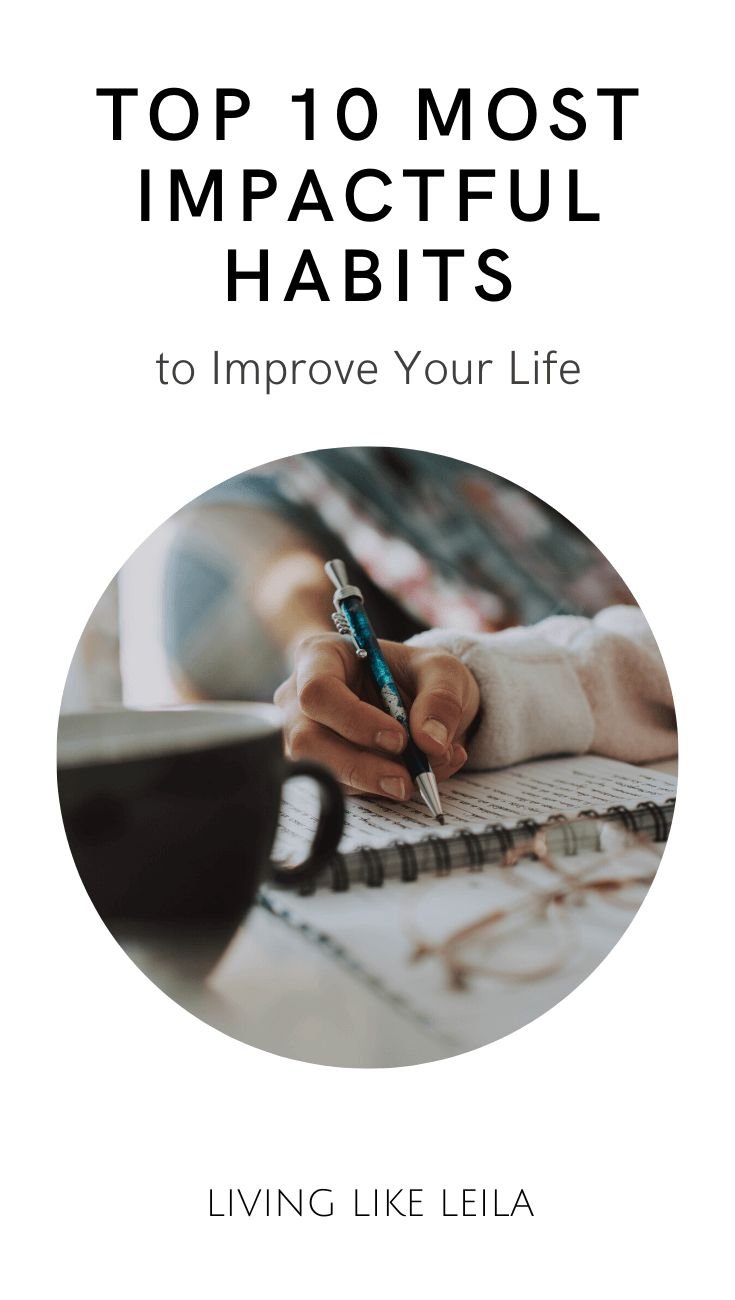Living better every day isn’t just about achieving success or wealth—it’s about making mindful choices that enhance your health, happiness, and overall well-being. In today’s fast-paced world, it’s easy to get lost in the hustle, neglecting simple habits that promote a healthier and more balanced lifestyle. IdeasUnfold’s modern lifestyle guide is packed with actionable steps that you can implement today to improve your life, boost productivity, and cultivate long-lasting happiness.
1. Prioritize Mental Health with Daily Mindfulness
Mental health is the foundation of overall well-being. In a world dominated by stress and constant distractions, cultivating a mindful approach to daily life is crucial. Mindfulness helps reduce anxiety, improve emotional regulation, and increase focus.
How to Do It: Start by practicing mindfulness for just 5-10 minutes each morning or before bed. Focus on your breath, notice the sensations in your body, and let go of any lingering stress. Apps like Headspace or Calm can help guide your practice. Over time, this will increase your awareness and allow you to navigate daily stress with greater ease.
2. Make Physical Activity Part of Your Routine
Regular physical activity is vital for both your body and mind. Studies consistently show that exercise releases endorphins, which are natural mood boosters, while also improving energy levels, reducing stress, and promoting better sleep. Whether it’s a brisk walk, yoga, or weightlifting, finding a form of exercise you enjoy can transform your daily life.
How to Do It: Aim for at least 30 minutes of moderate exercise most days of the week. If you’re new to fitness, start small and gradually increase the intensity. Try incorporating short exercise breaks throughout the day to keep your energy levels up and reduce mental fatigue. Even stretching for 5 minutes during breaks can improve your physical and mental health.
3. Nourish Your Body with a Balanced Diet
Nutrition plays a fundamental role in how we feel. Eating a well-balanced diet helps regulate mood, supports cognitive function, and boosts immunity. The food you consume directly impacts your energy levels, focus, and even your long-term health outcomes.
How to Do It: Focus on eating nutrient-dense foods, including a variety of vegetables, fruits, whole grains, lean proteins, and healthy fats. Avoid processed foods high in sugar and salt, as they can negatively impact your mood and energy levels. Meal prepping on weekends or planning your meals ahead can help you make healthier choices throughout the week.
4. Build a Morning Routine that Sets the Tone for the Day
Your morning routine sets the stage for your entire day. A positive start can boost productivity, reduce stress, and help you feel more organized and focused. By adopting a mindful, structured morning routine, you prepare yourself to tackle challenges with confidence.
How to Do It: Wake up at the same time each day to establish a consistent sleep schedule. Start with a few simple activities like drinking water, stretching, and journaling your thoughts or gratitude. Avoid checking your phone or email right away, as it can introduce stress before your day even begins. Consider incorporating activities that foster a sense of calm and purpose, such as meditation or reading.
5. Prioritize Quality Sleep for Optimal Health
Sleep is essential for physical recovery, mental clarity, and emotional balance. A lack of sleep can lead to increased stress, impaired decision-making, and a weakened immune system. Ensuring that you get enough rest is one of the easiest ways to improve your overall well-being.
How to Do It: Aim for 7-9 hours of quality sleep each night. Set a consistent bedtime, create a relaxing pre-sleep routine, and make your sleep environment comfortable and distraction-free. Avoid screen time at least an hour before bed, as blue light can interfere with your ability to fall asleep. If you struggle with sleep, try techniques like deep breathing or progressive muscle relaxation to ease into rest.
6. Simplify Your Space and Mind
Clutter in your environment can lead to clutter in your mind, reducing your ability to focus and increasing stress. A tidy space creates a sense of calm and helps you maintain clarity in your thoughts. By adopting minimalist principles, you can create an environment that fosters peace and enhances productivity.
How to Do It: Start by decluttering your home or workspace. Focus on keeping only items that add value to your life or contribute to your goals. A clean and organized space can reduce distractions, improve focus, and give you a sense of control over your environment. Consider implementing daily tidying habits, such as a 10-minute evening clean-up, to maintain order.
7. Foster Strong Relationships with Loved Ones
Human connection is essential for a fulfilling life. Positive relationships with friends, family, and colleagues provide emotional support, increase happiness, and contribute to a sense of belonging. Cultivating strong relationships can improve your mental health and enrich your daily life.
How to Do It: Prioritize quality time with your loved ones, whether it’s through regular catch-ups, weekend activities, or shared hobbies. Practice active listening and empathy to strengthen your communication. Set boundaries when necessary to protect your emotional well-being and create space for nurturing relationships.
8. Develop a Lifelong Learning Habit
Personal growth comes from continuous learning. Whether through formal education, reading, or acquiring new skills, lifelong learning keeps your mind sharp, boosts creativity, and opens up new opportunities. Learning something new every day enhances your sense of accomplishment and keeps you engaged with life.
How to Do It: Dedicate time each week to learn something new—whether it’s reading a book, taking an online course, or exploring a hobby. Stay curious and open-minded, seeking out new experiences and challenges. Make learning part of your routine, and you’ll find that it enriches your life in unexpected ways.
9. Practice Gratitude Daily
Gratitude has a direct impact on happiness. A consistent gratitude practice can shift your focus from what you lack to what you have, fostering a positive mindset and improving your emotional well-being. Gratitude helps reduce negative emotions and strengthens your overall sense of contentment.
How to Do It: Set aside a few minutes each day to reflect on what you’re grateful for. You can keep a gratitude journal, noting at least three things you appreciate each day. Whether big or small, practicing gratitude helps shift your perspective and increases happiness over time.
10. Embrace Flexibility and Adaptability
Life is unpredictable, and the ability to adapt to changes can make a significant difference in your happiness. Embracing flexibility allows you to handle setbacks with resilience, learn from challenges, and find creative solutions to problems. Resisting change can cause unnecessary stress and hinder personal growth.
How to Do It: Practice being open to new experiences and challenges. When faced with unexpected circumstances, take a deep breath and assess the situation with a calm mindset. Shift your focus to what you can control and seek ways to adapt, rather than resist, the changes around you.
Conclusion: Small Changes, Big Impact
Living better every day starts with making intentional choices that prioritize your well-being. By incorporating simple habits into your routine—like mindfulness, physical activity, healthy eating, and fostering meaningful relationships—you can transform your lifestyle and experience greater happiness and fulfillment. Remember, the key is consistency. By taking small, manageable steps each day, you’ll gradually build a lifestyle that supports your physical, mental, and emotional well-being for the long term.




